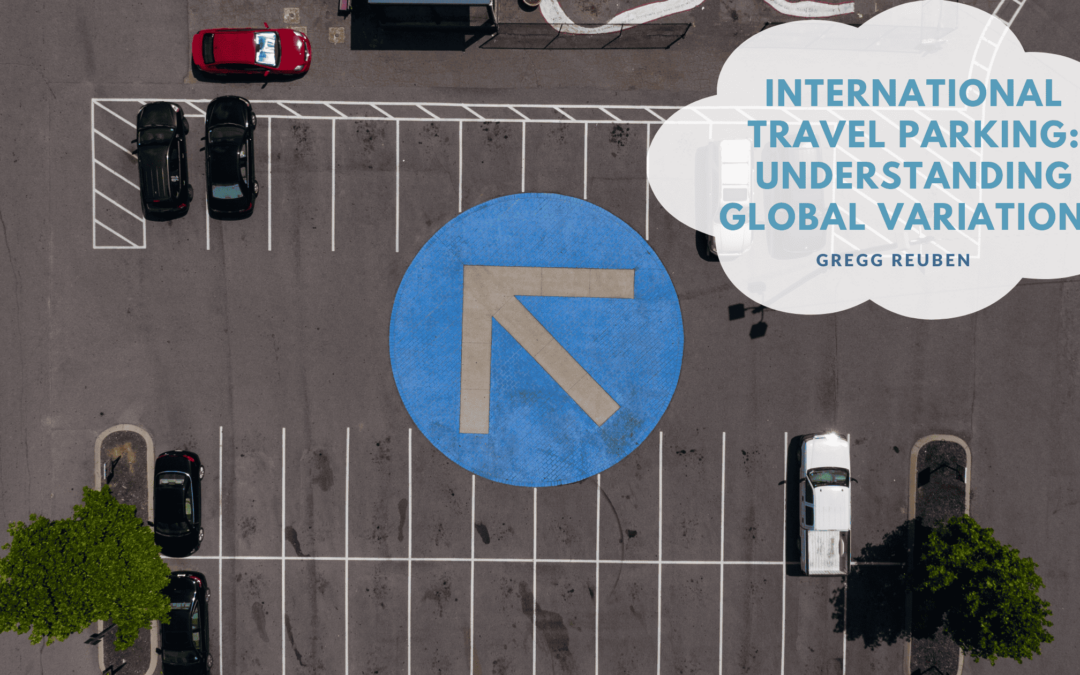International travel brings excitement and adventure, but it also comes with logistical challenges, including parking. Parking facilities and regulations vary significantly from one country to another, making it essential for travelers to understand the nuances of parking in different regions. In this article, we’ll explore the variations in international travel parking and provide tips for navigating parking systems around the world.
Parking Infrastructure:
The availability and quality of parking infrastructure can vary widely across countries. Developed nations often boast well-maintained parking facilities with advanced technology, including automated payment systems and sensor-equipped parking spaces. In contrast, developing countries may need more parking options, with informal parking arrangements and inadequate enforcement of parking regulations.
Regulatory Differences:
Parking regulations differ from country to country, influencing where and how travelers can park their vehicles. Common regulations include time-limited parking, metered parking zones, permit-only areas, and restrictions on overnight parking. Understanding local parking signs, symbols, and enforcement practices is crucial to avoid fines and penalties while traveling internationally.
Cultural Considerations:
Cultural norms and attitudes toward parking also play a significant role in international travel. In some countries, such as Japan, parking etiquette is highly valued, and drivers adhere strictly to parking rules to avoid inconveniencing others. In contrast, in more chaotic urban environments, such as parts of India or Africa, drivers may resort to creative parking solutions, including double parking or parking on sidewalks.
Public Transportation Alternatives:
In many international destinations, public transportation may be a more practical option than driving and parking. Major cities often have extensive public transportation networks, including buses, trains, and subways, making it convenient for travelers to explore without worrying about parking their vehicles. Prioritizing public transportation can also reduce traffic congestion and minimize environmental impact.
Hotel Parking Facilities:
For travelers staying in hotels, understanding the parking arrangements offered by accommodation providers is essential. Some hotels provide complimentary parking for guests, while others may charge additional fees for parking services. Additionally, parking availability may be limited, especially in urban areas or popular tourist destinations, requiring travelers to make advance reservations or explore alternative parking options nearby.
Technology Solutions:
Advancements in technology have revolutionized parking systems worldwide, offering travelers convenient tools to find and pay for parking. Mobile apps, such as Parkopedia and ParkMe, provide real-time information on parking availability, pricing, and navigation to parking facilities. These apps can be invaluable resources for travelers seeking parking solutions in unfamiliar locations.
International travel parking presents a diverse array of challenges and opportunities for travelers. By understanding the variations in parking infrastructure, regulations, cultural norms, and transportation alternatives, travelers can navigate parking systems around the world more effectively. Whether exploring bustling urban centers or remote destinations, careful planning and awareness of parking considerations can enhance the overall travel experience.

